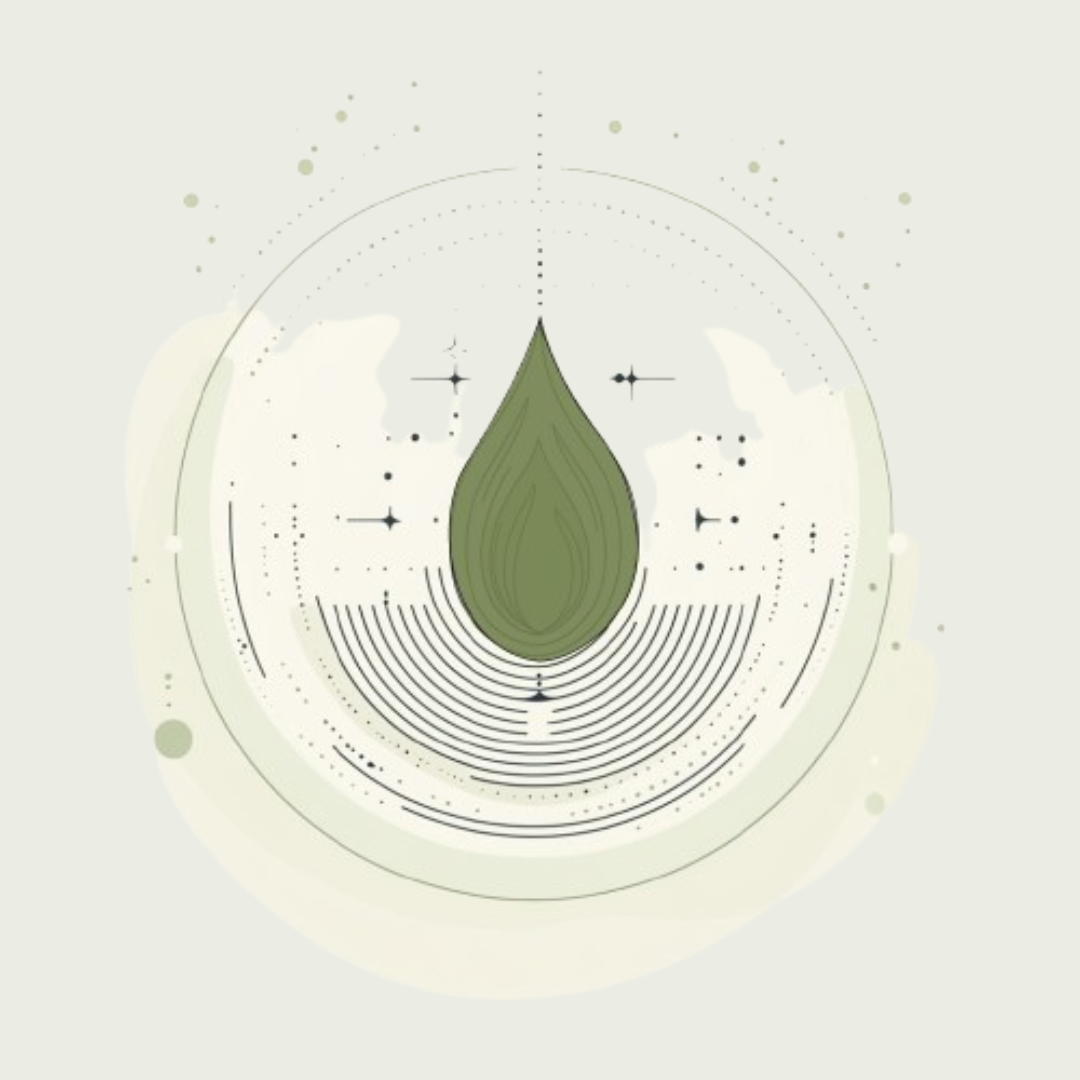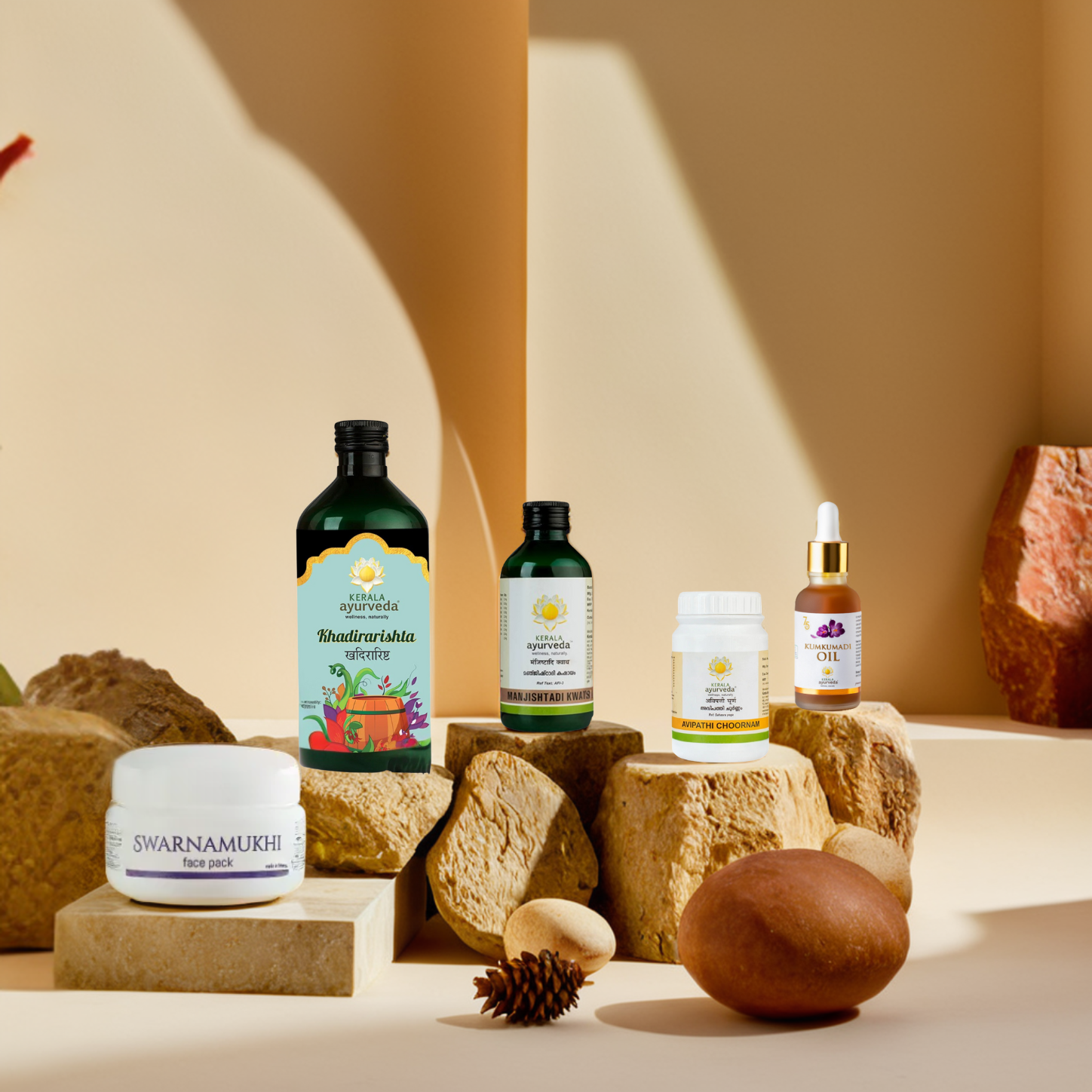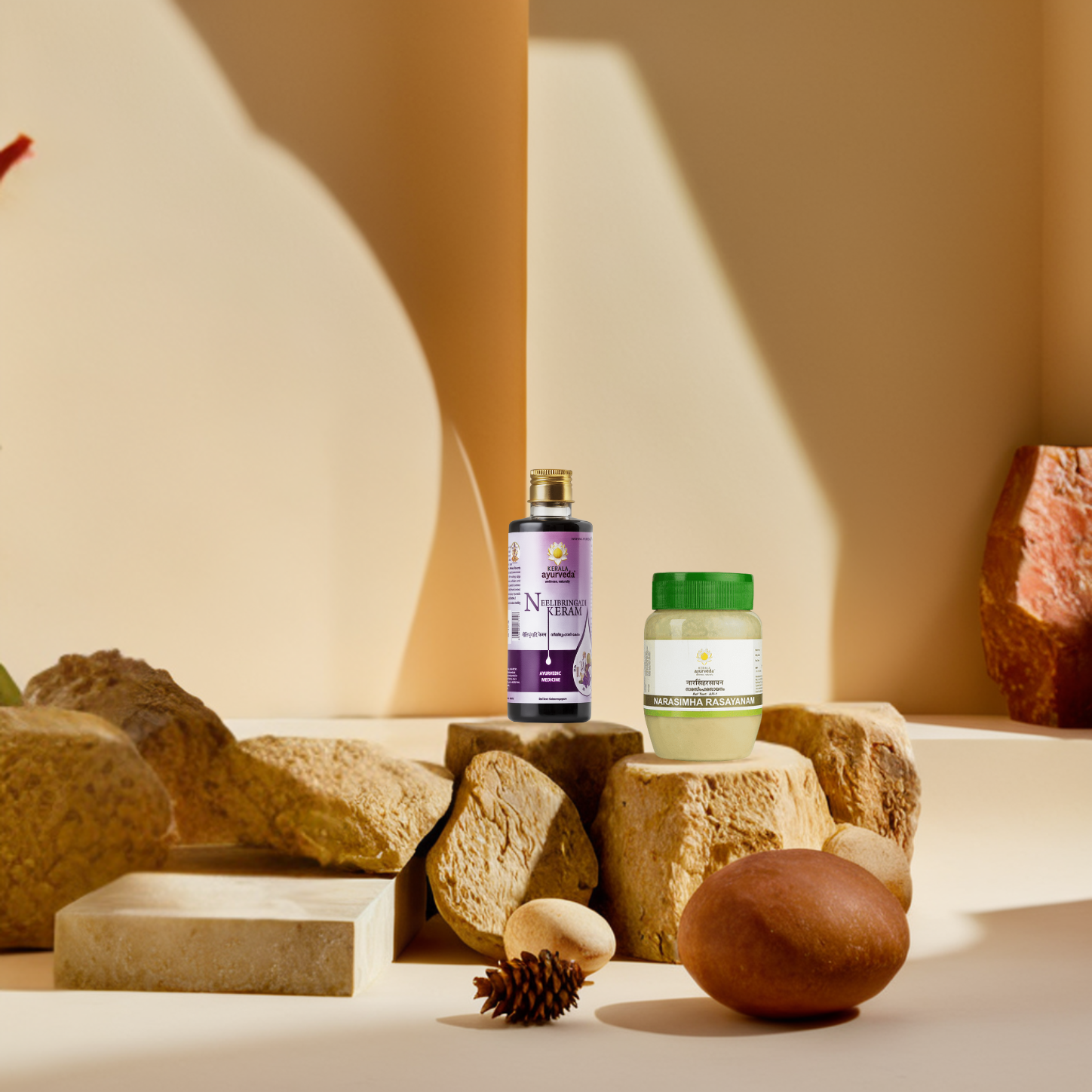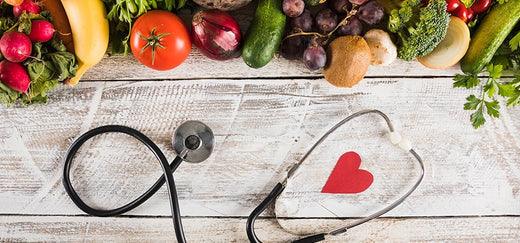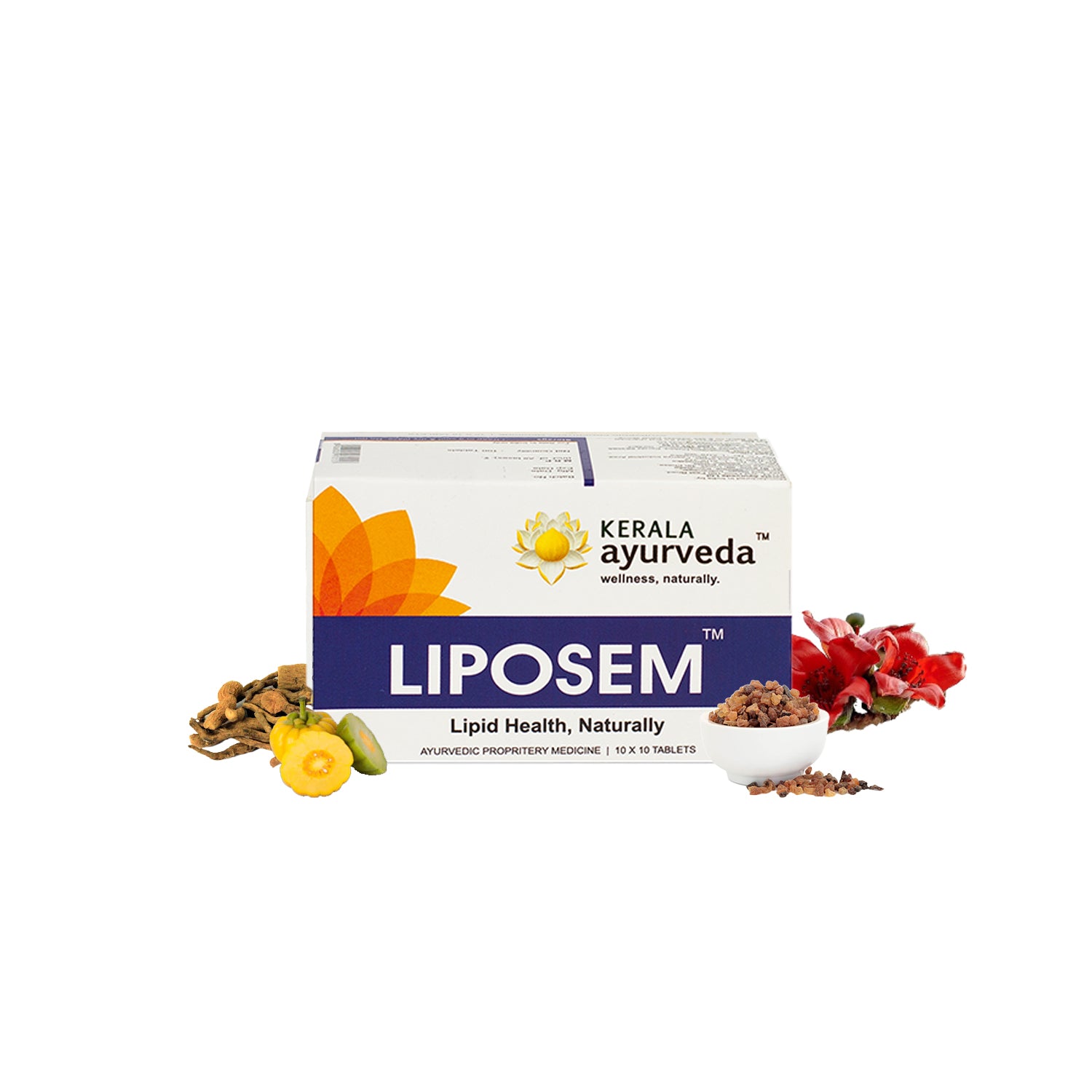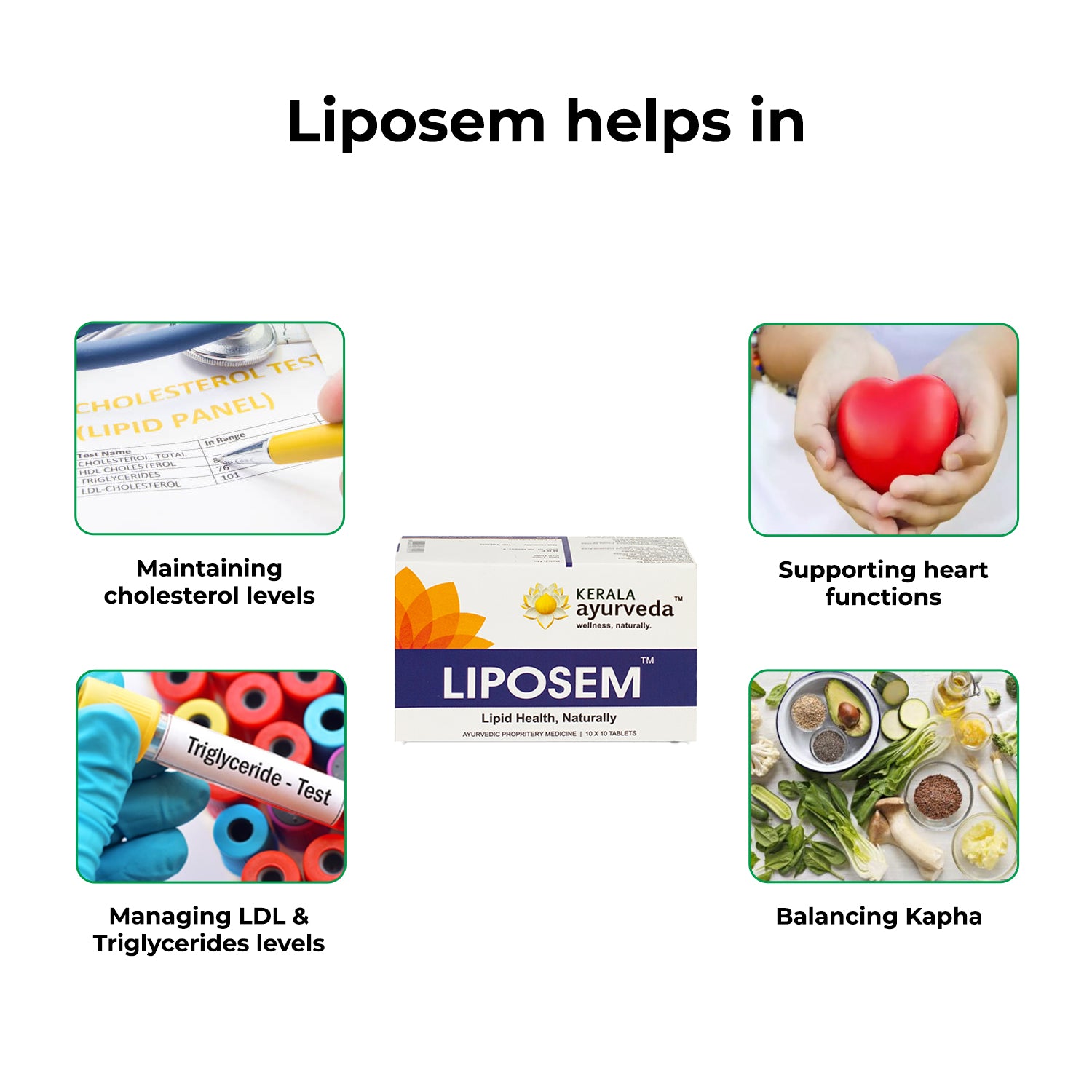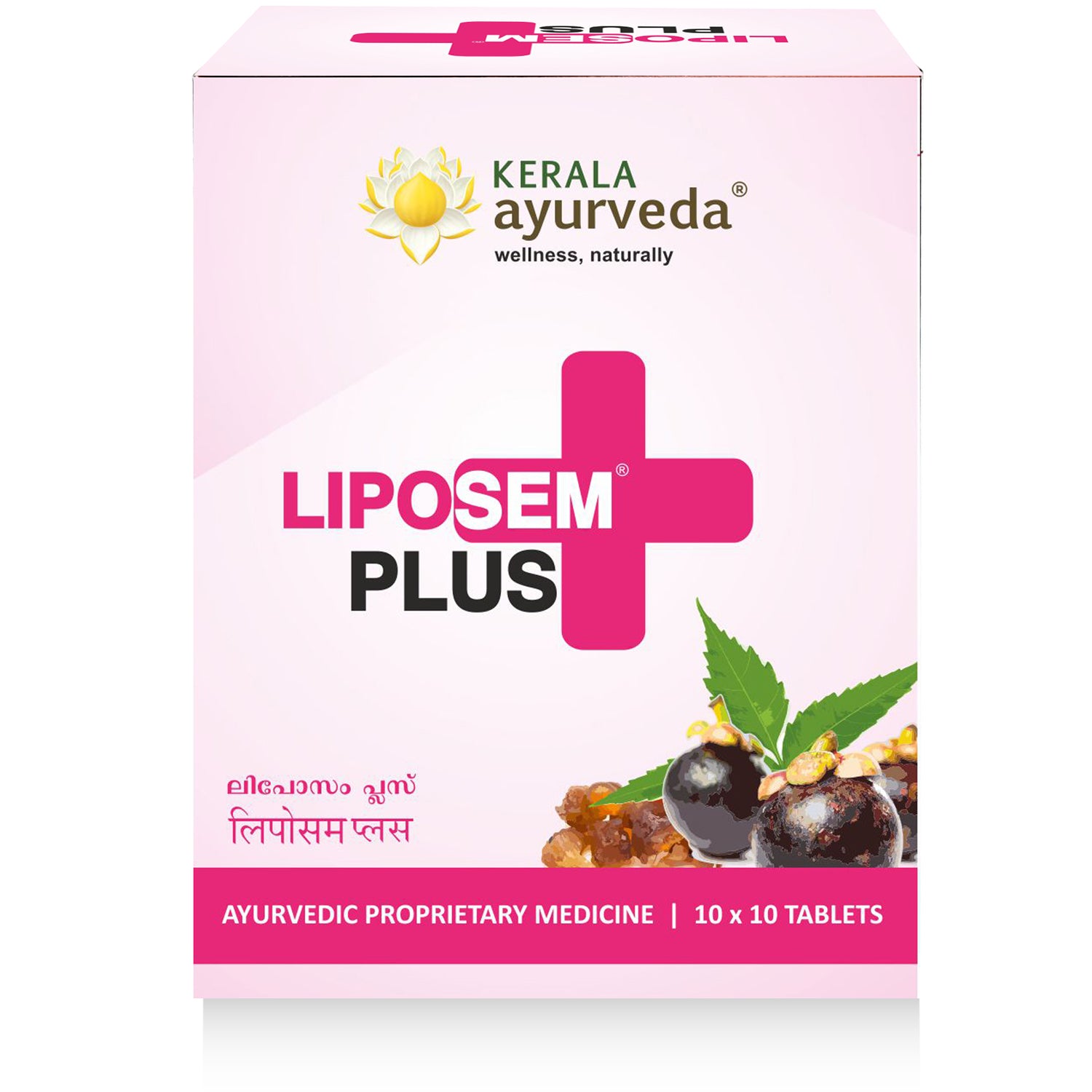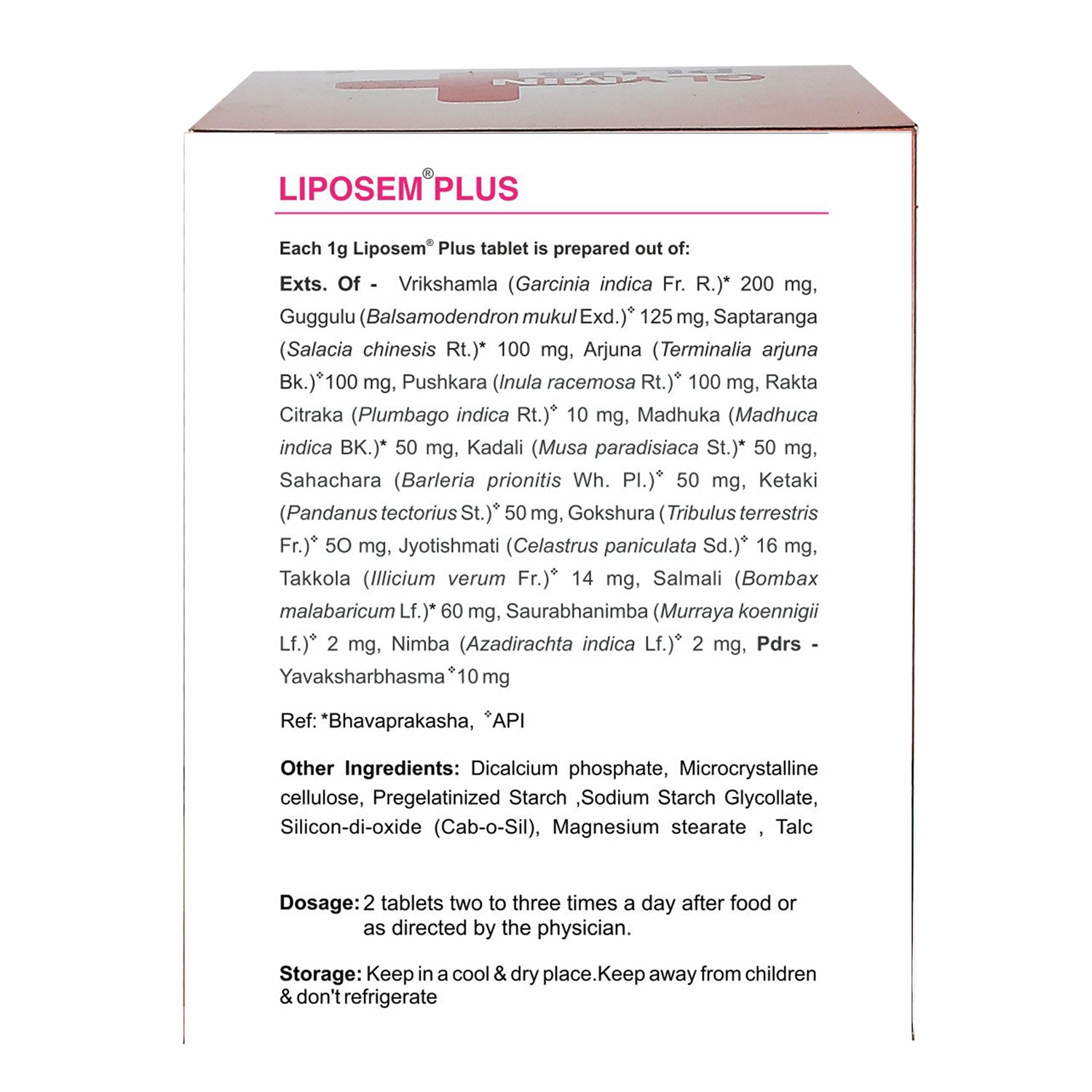Highlights
You may have heard about cholesterol – something along the lines of, it’s bad for your health and can even cause a heart attack. Well, that’s true, but there’s more to it.
Cholesterol is a waxy material and it is not fundamentally "bad." It is required by your body for the production of hormones, vitamins, and new cells. But problems could arise from exceeding the normal limits of Cholesterol.
All the cholesterol you require is sourced from either your liver or from diets that contain animal products. Foods that primarily contain dietary cholesterol include beef, poultry, and dairy products.
Saturated and trans fats are abundant in those foods. Your liver produces more cholesterol due to these lipids than it would normally. Some individuals see a change from a healthy cholesterol level to an unhealthy one as a result of the increased production.
Cholesterol will keep circulating in your blood. And the risk for cardiovascular conditions like heart disease and Stroke is directly proportional to the levels of cholesterol circulating in your blood. So, it’s important to keep your cholesterol levels within limits!
Cholesterol is classified into two types: Good cholesterol and bad cholesterol.
Good cholesterol, also known as HDL, is healthy for your body and promotes organ function. On the flip side, bad cholesterol, also known as LDL, does the opposite.
Foods that you eat have either of these cholesterol. Therefore, it is important to avoid foods with LDL cholesterol.
Before we delve into this article, let’s understand what bad cholesterol is and how it affects your health.
What is LDL (bad) Cholesterol?
It stands for Low-Density Lipoprotein, and it accumulates inside the blood vessels. As the LDL lining grows thicker, it obstructs the blood flow, putting a lot of strain on the heart while it tries to pump blood through the blood vessels. When that happens, the risk of a heart attack increases significantly.
On the other hand, HDL or Good cholesterol carries Cholesterol from the bloodstream to the Liver where it can be removed from the body easily. So HDL helps you to remove excess cholesterol from the body .
LDL CHOLESTEROL LEVELS FOR ADULTS:
100 mg/dL - Optimal ( < 70 mg/dL for people with Coronary Artery Disease)
100- 129 mg/dL- Near Optimal
130-159 mg/dL- Borderline high
160-189 mg/dL- High
>190 mg/dL - Very high
FACTORS INFLUENCING LDL ( bad cholesterol) levels:
- DIET: You may already know that overconsumption of high-fat meats and butter is bad for your heart. Saturated fats and dietary cholesterol increase the level of LDL.
- SMOKING: LDL levels have a direct relationship with smoking. Smoking cigarettes will dramatically reduce HDL levels, which actually carry LDL to the liver. Reduced HDL levels will thereby cause LDL to accumulate in the arteries.
- PHYSICAL ACTIVITY: Modern lifestyle comes with very less physical activity which will lead to weight gain and thereby high LDL levels.
- OVERWEIGHT: Being overweight will elevate your LDL levels and decrease HDL levels.
- GENETICS : High cholesterol levels can be genetic. So genetics will partly determine the inherent cholesterol levels of your body.
- AGE: The LDL levels tend to rise with getting older.
- SEX: Women have raised LDL levels after menopause. And they show lower levels of cholesterol before menopause as compared to Men of the same age.
- COMORBIDITIES: HIV, kidney disease and diabetes may cause high LDL levels.
- STEROIDS: Steroids can cause high LDL levels.
Foods that increase bad cholesterol and must be avoided
Saturated and Trans fats
- Red meat and Processed meats: Processed meats are bad cholesterol foods containing artificial stabilisers and preservatives to increase shelf life. People buy frozen meats to make their lives easier and avoid wastage. But they don’t realise that what they put into their bodies is far from healthy. If you wish to avoid cholesterol-related problems, cut back on processed meats like hot dogs, sausages, bacon, frozen kebabs, etc. Red meat tops the list of foods that increase cholesterol since they are a rich source of saturated fats. Processed red meats may cause even more harm because of preservatives. Examples of red meats are lamb, pork, beef, etc. However, if you must consume red meat for its nutritional value, have smaller portions instead, and that too once a week.
- Full-fat Dairy products: Whole milk, cheese, and butter are consumed daily across Indian households. However, these cholesterol high foods must be avoided by individuals who are at risk of cardiovascular diseases.
- Butter and other solid fats: These are high in trans and saturated fats, which increase LDL levels. Solid fats are solid at room temperature and are found mostly in animal fats like beef fat, pork fat etc. Coconut oil and Palm oil also contain Solid fats.
- Baked goods and packaged snacks: Baked goods and snacks may raise LDL levels gradually over time. Packaged chips, donuts, crackers, cookies etc contain a high percentage of trans fats.
High cholesterol foods:
- Organ meats: Organ meats are tender and delicious and possess high nutritional value. However, they are abundant in saturated fats. Therefore, people with high LDL must avoid or limit their consumption of organ meats.
- Shellfish and certain fish: It contains a combination of dietary cholesterol and sterols which won’t have a negative impact on heart health. Limited portions of these cause no harm as such. But when it is processed for taste with melted butter ,shellfish results in increasing LDL levels.
- Egg yolks: A single egg yolk in itself contains dietary cholesterol which is more than daily requirement levels.
- Poultry with the skin: Poultry foods, such as egg whites, are a healthier protein source than red meats. However, poultry with the skin might be unhealthy for someone with high LDL cholesterol.
Foods high in dietary cholesterol
- Junk food: It’s called junk for a reason. Junk food is stored for a long time before reaching the supermarket near you. This food is highly processed and full of preservatives and salt – highly likely to give you cholesterol-related problems. Some examples are fruit-flavored beverages, nachos, potato chips, milk chocolates, and sodas.
- Deep-fried food: Deep-fried food is considered a slow poison for people with high cholesterol levels. Not only do these foods cause blockage in arteries, but they also lead to obesity and chronic digestive disorders. To satiate your cravings, you can use alternatives like air-frying and baking.
- Fast food: Fast foods are rich sources of bad cholesterol. Eating fast food may increase your risk of developing cardiovascular diseases, obesity, and diabetes. Fast foods often contain preservatives, oil, and several other ingredients that increase LDL levels in the body.
Other contributing factors
- Sugar and refined carbohydrates
- Alcohol consumption
Healthy alternatives and lifestyle changes
- Eat heart healthy foods: Cut saturated fats ,trans fats etc as mentioned above and try to incorporate more foods rich in Omega -3- fatty acids. Increase consumption of soluble fibre as in kidney beans, apple , oatmeal etc.. and whey protein.
- Increase physical activity:Exercise for at least 30 minutes 5 times a week or indulge in tiresome aerobic exercises 3 times a week.
- Smoking: Avoiding smoking will help improve HDL levels, which impact the LDL levels.
- Drinking: Avoid or limit alcohol consumption to moderation. Too much alcohol can cause cardiovascular problems like heart failure or stroke.
Manage your cholesterol levels
Your risk of having high cholesterol increases with age. Therefore, it is recommended to get yourself tested regularly to avoid unexpected and serious cardiac concerns.
You can manage your cholesterol levels with Liposem tablets. Liposem is a herbal medicine manufactured and distributed by Kerala Ayurveda at scale. It contains natural ingredients like Vrikshamla and Guggulu that maintain healthy cholesterol levels in your body. These wondrous herbs possess antioxidant and hypolipidemic properties, which lower LDL levels in the blood. Liposem tablets enhance fat metabolism and thereby act as a natural cardioprotective. Liposem tablets contain a long list of ingredients and the most important among them are :
- Vrikshamla( Garcinia Indica): It helps to balance total cholesterol . Another most important benefit of this herb is weight management . The active ingredient present in Vrikshamla is Hydroxycitric acid which suppresses the appetite, thereby aiding in weight management. This wondrous herb also helps by decreasing the conversion of starch to Fat.
- Guggulu(Balsamodendron mukul) : : This herb is also well known for its action in effective weight management and thereby reduces LDL levels. It has been extensively used for centuries owing to its antioxidant properties. It balances the Tri doshas. Pacifies Vata with its Sweet taste, the astringent properties balances Pitta and bitter taste pacifies Kapha.
- Sarpagandha( Rauvolfia serpentina) : This herb Enhances fat metabolism . It contains an alkaloid Reserpine which makes it an effective solution for high blood pressure and high cholesterol by preventing plaque build up in the blood vessels.
- Salmali(Bombax malabaricum): It regulates proper lipid profile . It balances Pitta and Vatha dosha. The extract of the tree is extremely beneficial in bowel regulation.
All these ingredients make it a perfect blend for managing high LDL levels and optimizing efficient fat metabolism.
Key takeaways:
- LDL cholesterol levels have to be kept in check because higher LDL levels are linked to increased risk of cardiovascular diseases.
- Saturated fats and trans fats increase the LDL cholesterol levels.
- Heart healthy diet and lifestyle as mentioned in the blog has to be adopted to combat high LDL levels.
- Ayurveda has time-tested remedies for high LDL.
- Liposem is an excellent herbal medicine to help with high LDL levels.
Conclusion
Your food preferences may never be the same after reading this article. Chances are you have been eating foods rich in LDL until now. However, it’s not too late for the course-correction. You can still improve your situation by switching to healthier food alternatives and exercising daily.


